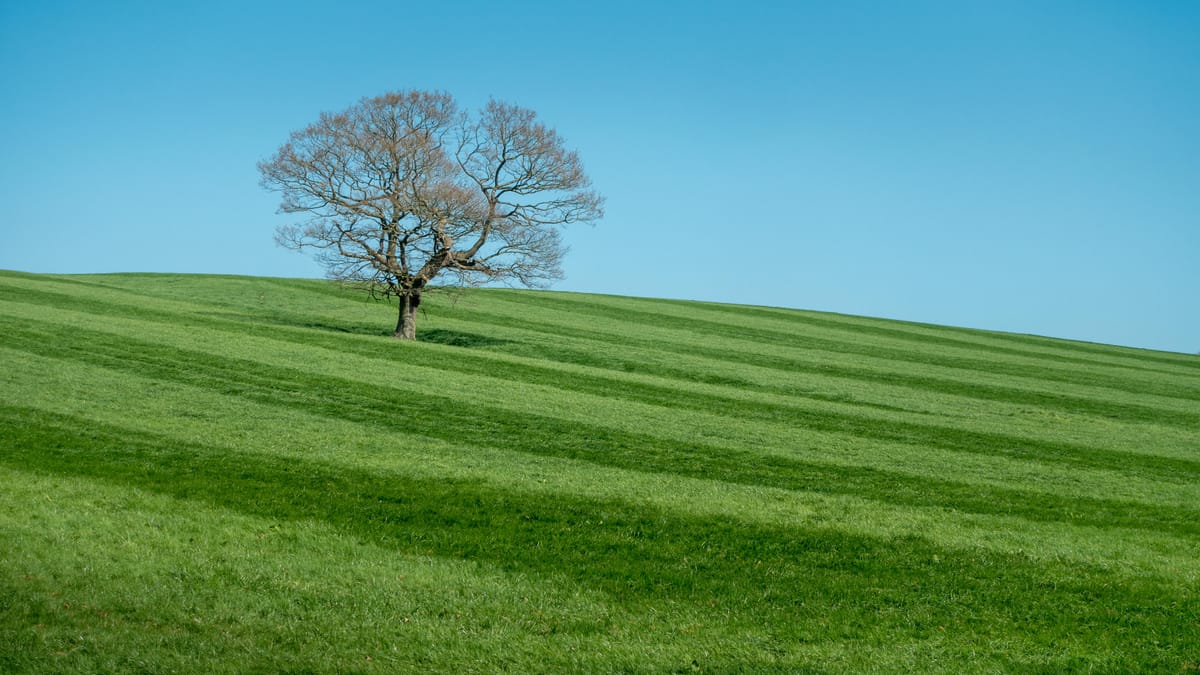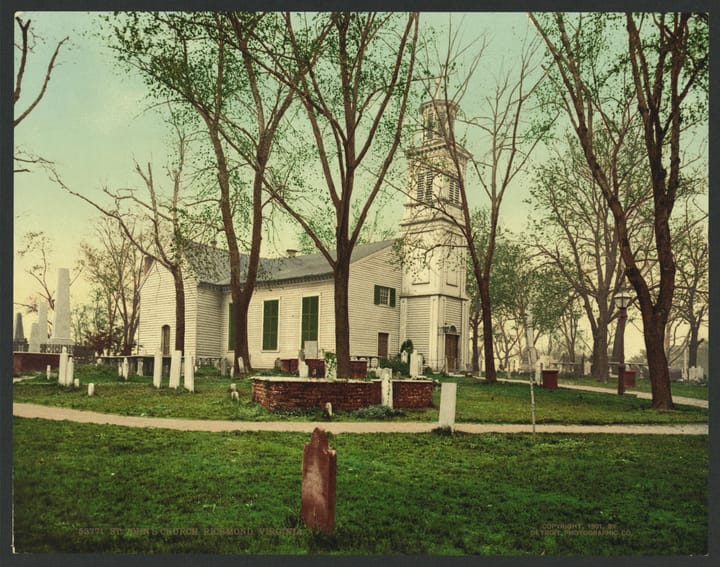
On Faith and Values: Snap Out of It!
In years past, my wife would frequently mow our lawn, and I would frequently arrive home and not notice. This did not make her day. In my defense, sometimes this happened when it was not daylight savings time and, therefore, sort of dark.
In the interest of maintaining Cathy’s and my marital bliss, our helpful neighbor Jane would sometimes call me at work and alert me to the fact that the grass had been cut. This was a remarkable act of charity, as it allowed me to come home and immediately gush about our home’s amazing and newly-improved curb appeal.
In a similar vein, there were times I walked into the house and Cathy would ask, “Do you notice anything different?” As I would look around and notice that everything seemed exactly the same to me as it did before, I came to dread that question. That also did not make her day—and Jane was unable to save my bacon.
I’m aware, as are various others, that for a rather large amount of my waking hours, I have an impressive capacity to walk around oblivious to much of what surrounds me. This has its advantages—ignorance being bliss and all—but in general, it’s not helpful. I miss far too much important stuff, and it’s often stuff that would make my life richer and deeper.
I think part of the problem is that I’m so easily distracted—lost in my own thoughts, going down internet rabbit holes, checking my phone, and generally being mentally checked out of the present moment.
This is not a new issue for us humans. St. Augustine, who died in the year 430, noted that “God is always trying to give good things to us, but our hands are too full to receive them,” something he managed to discover despite his lack of a smartphone with internet access.
More recently, writer and Catholic priest Ronald Rolheiser wrote that we “are distracting ourselves into spiritual oblivion.”
I don’t want to live in spiritual oblivion. It seems that one of the things smart people like Augustine and Rolheiser are trying to tell us that what’s most important at any given moment is, well, that moment. We absolutely have to plan for the future and pursue our dreams for it, but this conversation, this meal, this encounter with this person, this view, this walk I’m taking—it’s right in front of us and there is something to be learned or shared in it. And I think that’s true even if the moment is an unpleasant, difficult, or even painful one. In one of those paradoxes of human life, maybe even especially so.
What’s happening now won’t happen again, and in some way, it’s meant as a gift. I don’t want to miss it by racing ahead in my mind to what’s next or focusing my attention elsewhere. Really paying attention as I live my days could give those days so much more meaning—not to mention do other important things, like make my wife occasionally feel happier and more appreciated.
And if I get exceptionally good at seeing deeper into and being more a part of the everyday, there’s this, from M. Craig Barnes, onetime president of Princeton Theological Seminary: “It is possible to enjoy every day of life as an unfolding mystery filled with more gifts than we can hold…Blessings from God are usually hidden in very plain packages.”
Sometimes even in lawnmowers.





